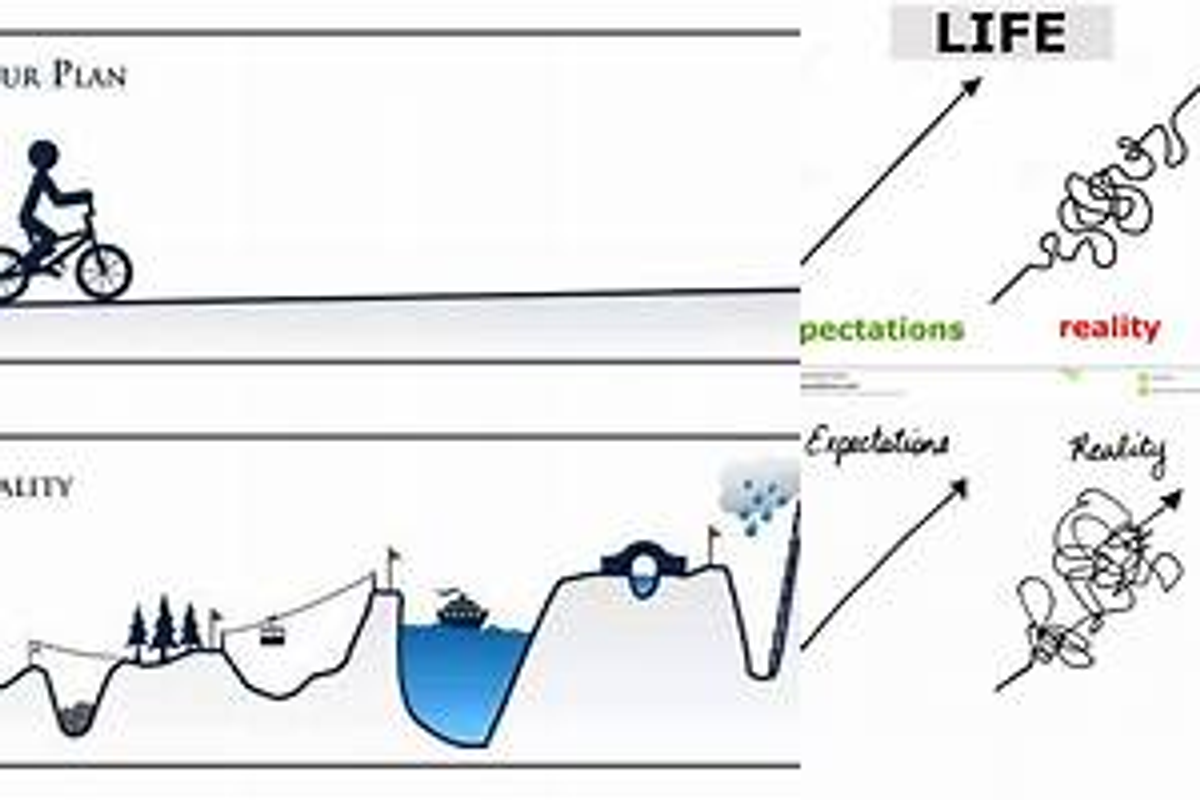Principal's Report

How to Be a Better Student
Ever wondered why you just can't seem to reach your full academic potential? It's likely that your brain isn't the cause but, rather, your lifestyle.
Elizabeth Hoyt
August 8, 2018
https://www.fastweb.com/student-life/articles/how-to-be-a-better-student
The following steps outline simple changes you can make so you'll be on your way to becoming the student you've always wanted to be.
1.Attendance
This is common sense – if you go to class regularly you will become more successful in your studies and are more likely to perform well on exams. Every class missed is a class to be made up.
2. Participation
Going to class is one thing but paying attention and participating in class is another. Actively listen in class and ask questions! If you’re not comfortable asking during class, wait and ask your teacher after the lesson. But if you’ve got a question, it’s likely that other students have the same question also.
3. Develop note-taking skills
Have you ever gone back to your notes when it’s time to study for the exam to find they are illegible or difficult to understand?
Listening and actively taking notes during class not only ensures the recording of accurate information but also reinforces the information through note taking. Additionally, it's helpful to revise your notes at home in the evening and either rewrite them or outline key information while it's still fresh in your mind. Then, at exam time, you'll find it's much easier to utilize your notes and retain clear information.
4. Set goals
Goals, both short and long-term, are a great way to measure success. If you don’t have goals, you have nothing concrete to achieve or strive for in your subjects.
If you set goals it’s easier to stay motivated and to measure your success against them.
But make sure your goals are realistic! While you should challenge yourself, you shouldn't set yourself up for failure either.
Remember, you can always set higher goals once you've achieved your first set.
5. Adopt and stick to a study schedule
Scheduling is vital to maintain a healthy learning balance and to keeping up-to-date with your subjects.
6. Stay well-rested
If you’re awake and alert, you’re certainly more likely to absorb information given in class.
Think of it as an equation: Awake + Alertness = A’s.
7. Take advantage of school and educator resources
As well as attending class there are a variety of resources available. All teachers are happy to provide assistance outside of timetabled lessons. Homework club is every Monday and Wednesday afternoon when staff are available to support students in all their subjects.
Using school resources for setting goals and creating positive study habits will contribute to success. Such resources include utilizing the school library, career and wellbeing services.
8. Healthy study techniques for proper exam preparation
Study techniques considered healthy include balance, time-management and avoiding all-night study cram sessions. Information is easier to absorb when reviewed in increments, rather than procrastinating until the last minute.
9. Extracurricular activities
It’s important to develop other interests and to participate in extracurricular activities.
In addition to community sports and hobby clubs, South Oakleigh offers a plethora of programs:
- Book club
- Senior Science club
- Calligraphy club
- Running club
- Fusion
- Greek dancing club
- Production club
- International students’ homework club
- Breakfast club
- Environment club
- Media production group
- Mosaics club
Extracurricular activities increase a student’s overall school experience, contribute to the learning process, and aid in maintaining a balanced lifestyle.
10. Study buddies
Collaborating with other students is a great way to learn - as long as you choose students who will stay on task with you.
Students who form study groups with one another often understand more through learning by teaching. When students explain concepts to one another they learn and absorb the information more easily.
Inversely, students that need clarification on areas of study are able to ask peers.
11. Take on a manageable course load
When considering subjects for next year, make sure you take on a well-balanced course load that you can handle successfully.
Ms Helen Koziaris


